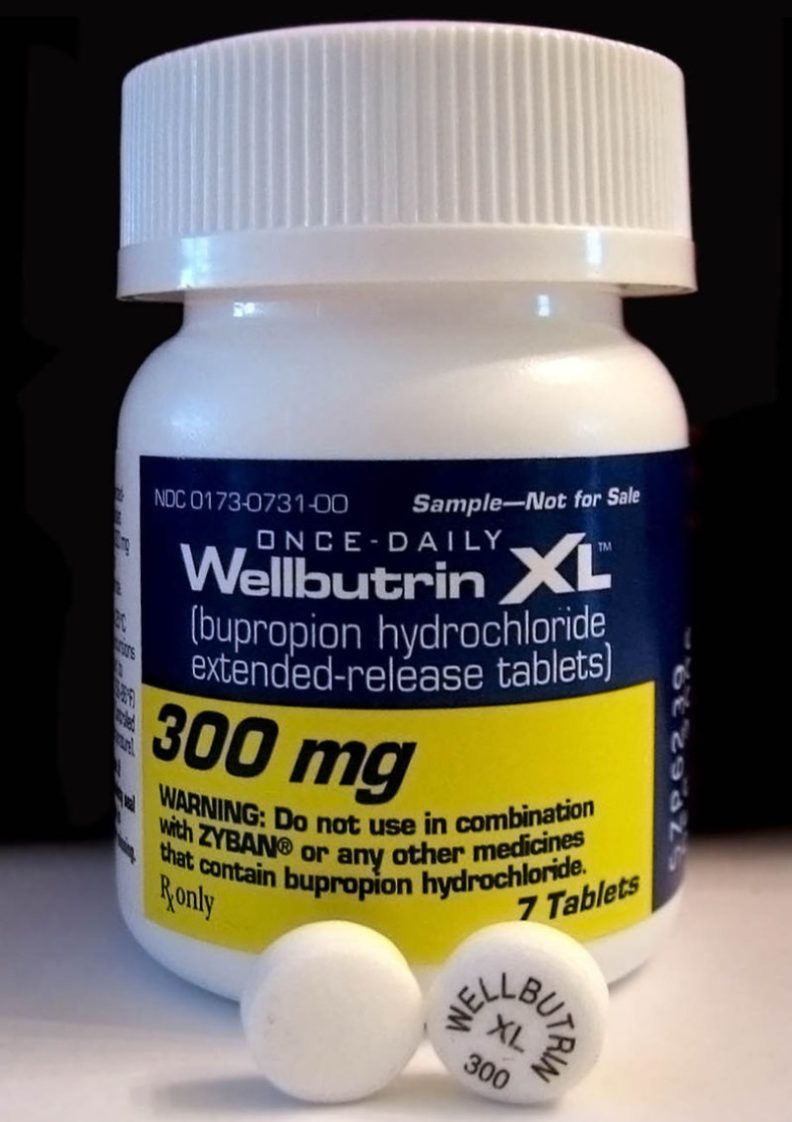Wellbutrin, popularly known as bupropion, is the medication used to treat major depression and anxiety. This particular medication has different versions, including the XL version. This version is the extended-release formula, and it’s taken one daily. It is a medication used in treating a seasonal affective disorder that is prevalent during winter and fall months. It also helps as a treatment for adults experiencing major depression. Zyban, a low dose version of bupropion, has also been licensed in various countries as an aid to smoking cessation.
The Dosage
When a doctor prescribes this medication for you, they will first prescribe a low dose and continue increasing the dose until you achieve the perfect dosage. However, it may take up to a month for you to start feeling the effects of the medication. When the desired outcome is achieved, the doctor may then require you to reduce the dosage gradually for three weeks before you stop taking the meds altogether.
What You Should Consider Before You Start Using The Drug
You will have to let your doctor in on your medical history. Have you ever experienced a heart attack, had heart complications, blood pressure issues, diabetes, or struggled with addiction?

For example, an alcoholic may have problems since alcohol does increase drowsiness, a side effect of the drug.
If you are allergic to any medication, let the doctor know. Also, ensure you disclose the medication you are on, whether they are prescription or nonprescription, including herbal products. Antidepressants like Wellbutrin have an adverse reaction when used together with drugs classified as monoamine oxidase inhibitors(MAOIs). Meaning that if you have been on an MAOI two weeks before the doctors visit, then they will not prescribe it for you. Nardil (phenelzine), Emsam (selegiline) and Marplan (isocarboxazid) are examples of MAOIs.
Wellbutrin can only be prescribed to persons who are 18 years and above.
What You Should Know When Using Wellbutrin
- Antidepressant users are prone to suicide and self-harm. Though the risk is small, lookout for signs of worsening depression or suicidal thoughts.
- Are you breastfeeding or planning on becoming a mom soon? If yes, please inform your doctor.
- Follow the doctors’ instructions to the letter. Never miss a dose or take an overdose. Take the tablet whole.
- Never chew or crush it because then the drug as this will cause a quick release of the drug.
- To prevent stomach upsets, take it Wellbutrin with food.
- Sometimes the casing of the drug will appear in your stool, and it looks exactly like a tablet. When you see this, you might think you did not receive your dosage; that is not the case.
What are the side effects of the drug?
There are some psychiatric side effects associated with the drugs, though rare, including hallucinations, being angry and hostile, and also paranoia.
1. Serious side effects
- Itching
- Body parts may swell. You may have your throat, face, tongue, eyes, lower legs, ankles, hands, feet or lips swelling
- Illogical fears
- Fever
- You may notice some blisters, a rash, or Urticaria(hives).
- Inconveniences when breathing or swallowing
- Gruff voice
- Chest pains
- Your joints may become painful
- Muscle pains
- Rapid heartbeat. It may also be irregular or fast.
2. Less serious
- Headaches
- Feeling nauseated
- Vomiting
- Dizziness
- Excitement
- Drowsiness
- Dry mouth
- weight loss
- Immoderate sweating
- Constipation
Withdrawal symptoms
Though Wellbutrin withdrawal is not deemed dangerous, it is advisable to taper the dose gradually. Doing this lessens the withdrawal effects while still making it possible for quick reinstatement of the medicine when the need arises. Some withdrawal symptoms include:
- Headaches
- Numbness of extremities
- Regular and intense dreams
- Vertigo
- Nausea
- Vomiting
- Changes to your senses
- Changes to your perception







